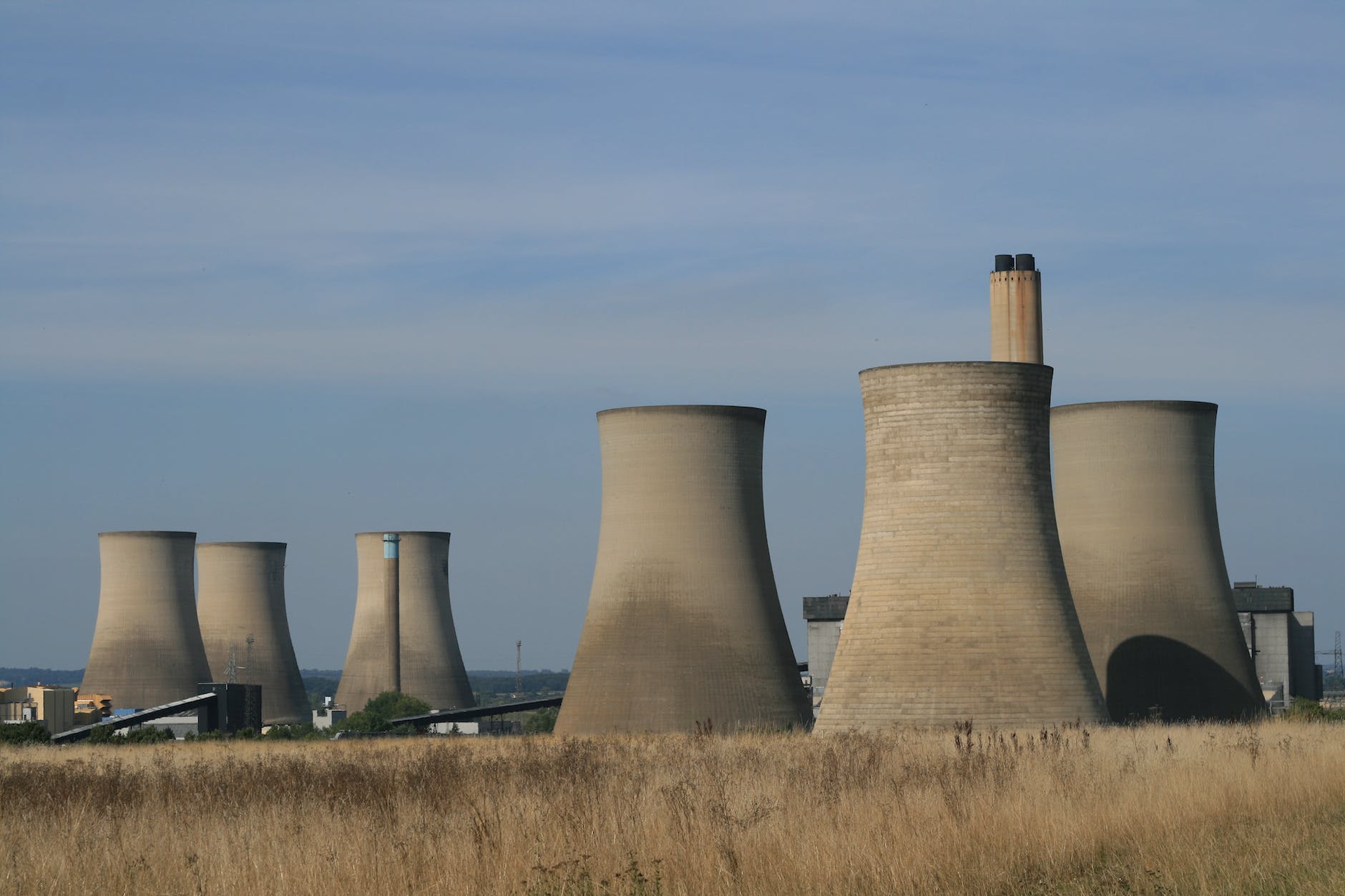
Cooling Towers
A cooling tower is a large, specialized piece of equipment that is used to remove heat from water or other fluids. They are typically used in industrial processes that generate a significant amount of heat, such as power generation, chemical processing, and petroleum refining.
Cooling towers work by transferring the heat generated by the industrial process to the air, which then carries the heat away from the tower and into the atmosphere. The tower uses a large fan to draw in air, which then passes over a heat exchange surface that is filled with either water or another fluid. As the air passes over the surface, it absorbs heat from the fluid, which is then carried away by the air and discharged into the atmosphere.
There are several different types of cooling towers, each with its own design and operating principles. However, they all share the same basic function of removing heat from water or other fluids. Cooling towers are essential in many industrial processes because they help maintain the temperature of equipment and prevent damage or failure due to overheating. Here are some types of cooling towers you should know about:
Natural Draft Cooling Towers
An Industrial Cooling Tower uses the natural upward movement of warm air to remove heat from the water. They are typically used in large power plants and other facilities that require high-capacity cooling. They are ideal for industries that require a large amount of cooling, such as power generation.
Mechanical Draft Cooling Towers
Mechanical Draft Cooling Towers use fans to draw air through the tower and remove heat from the water. They are more efficient than natural draft towers and are commonly used in HVAC systems and smaller industrial processes.
Crossflow Cooling Towers
With Crossflow Cooling towers, water flows vertically through the tower, while air flows horizontally across the water. They are more compact than other types of cooling towers and are often used in commercial buildings, such as hospitals and hotels.
Counterflow Cooling Towers
These towers have water flowing vertically down the tower, while air flows vertically up the tower. They are more efficient than crossflow towers and are commonly used in power plants, petrochemical facilities, and other large-scale industrial applications.
Open Circuit Cooling Towers
Open circuit cooling towers are a type of cooling tower that are designed to expose the water being cooled to the environment. They work by circulating water or another fluid through a heat exchange surface that is exposed to the air. As the air passes over the surface, it absorbs heat from the fluid, which is then carried away by the air and discharged into the atmosphere.
Closed Circuit Cooling Towers
Closed circuit cooling towers are a type of cooling tower that uses a closed-loop system to cool the water or other fluid being circulated through the tower. These towers are used in HVAC systems. Unlike open circuit cooling towers, which expose the water being cooled to the environment, closed circuit cooling towers keep the water contained within the tower, which helps reduce(not eliminate) the risk of contamination and evaporation.
Why Regular Maintenance is Important
Regular maintenance of cooling towers is critical to ensure they continue to operate efficiently and effectively. By maintaining a regular maintenance schedule, businesses can extend the life of their cooling towers, reduce energy costs, and avoid costly downtime due to equipment failure.
Some of the common maintenance tasks for cooling towers include cleaning the heat exchange surface, treating the water to prevent scale and biological growth, inspecting and repairing the structural components, and lubricating and replacing mechanical components as needed.
Conclusion
Choosing the right cooling tower for your industry depends on several factors, such as the size of your facility, the amount of heat generated, and the desired level of efficiency. Consulting with a cooling tower specialist can help determine the most suitable type of cooling tower for your specific needs.






